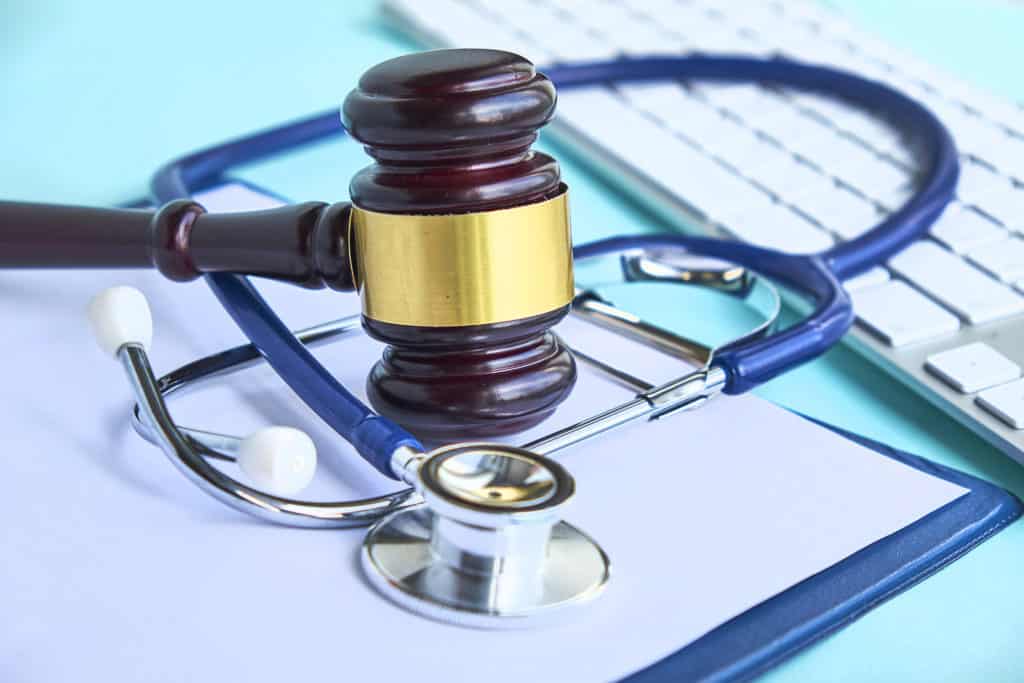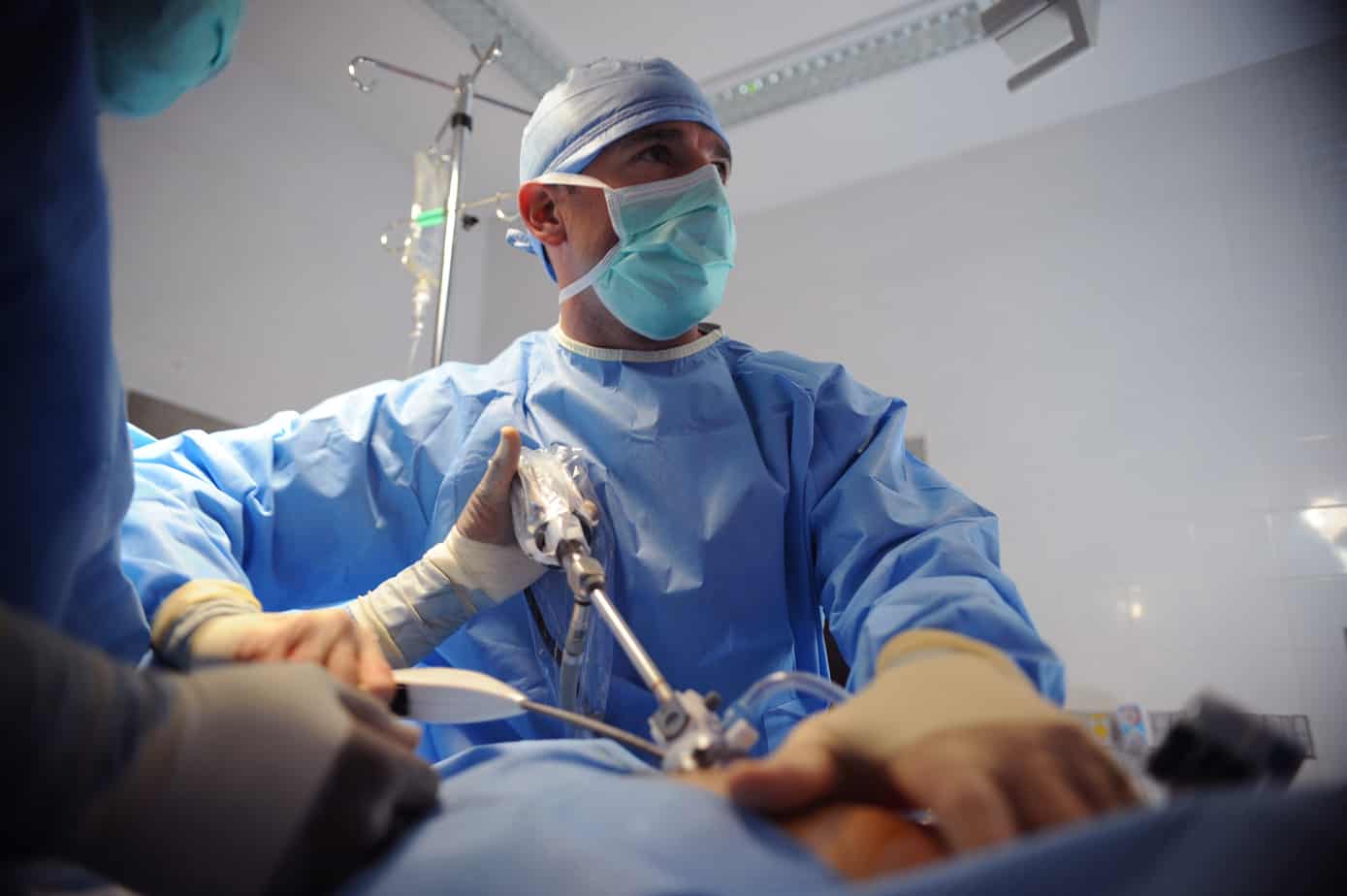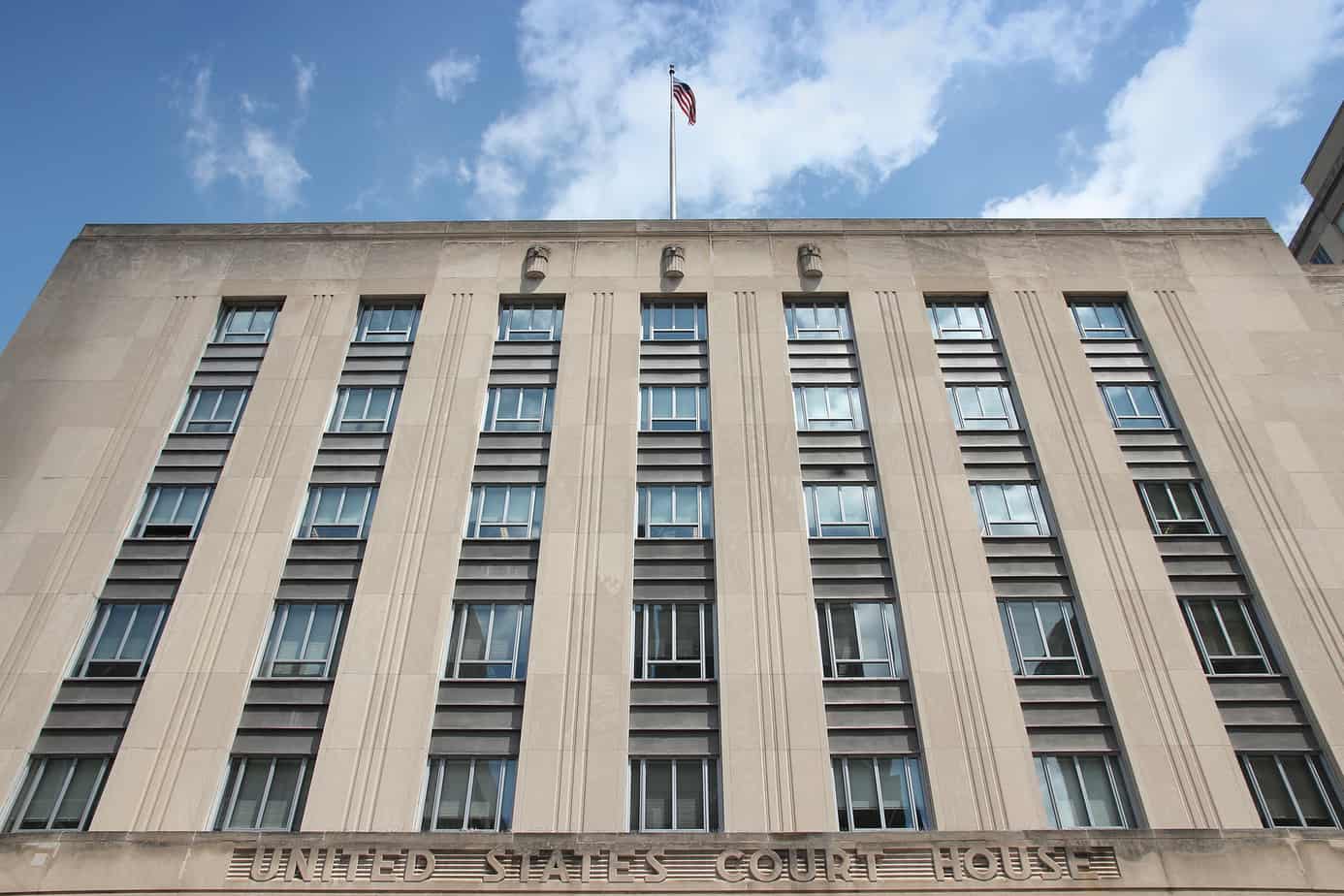No one saw the infestation of the global pandemic coming. While this is a worldwide fight, it is unfortunate that some individual experts have taken advantage of the situation and are exploiting the most vulnerable individuals in society. Covid-19 has significantly impacted medical malpractice cases. More than ever, patients need to have a medical malpractice lawyer to litigate for their rights.
While a medical expert is obligated to deliver standard treatment and care to individuals, this may be subject to change amidst the medical crisis. This case implies that physicians could neglect their role in taking care of patients who not necessarily have been diagnosed with coronavirus, rather other medical conditions that need daily care. Significantly, there has been an increase in malpractice cases, and there is a need for this to be addressed. Patients have a right to sue a medical expert who neglected them on the line of duty.
How can a patient know if a case is valid for suing?
Although health is a basic need, most patients may be afraid to visit a healthcare firm, especially if they are not sure about the coronavirus. When visiting a healthcare facility, a practitioner may fail to diagnose a patient correctly, which could be a serious malpractice concern. Unfortunately, the scarcity of testing kits could imply that this issue is of great concern as it is bound to increase.
A patient can sue a medical doctor if he or she feels they don’t deserve the way a doctor is attending to them. For instance, if a practitioner does not admit a patient because of exhibiting Covid-19 symptoms, a patient may sue him for neglect. Nonetheless, it is quite challenging to prove that a physician neglected a patient as there are no instant results to diagnose the virus accurately. The physician is always at crossroads, for he may not be sure who to admit and who could receive antibacterial and discharged to recover from home.
On the other hand, what if a patient contracts the virus within the healthcare institution? For instance, if a patient gets in contact with other patients or practitioners who are Covid-19 victims upon admission within the facility, it could make the doctor guilty if sued. In this case, a patient would argue that the doctor failed to offer protective equipment, making them vulnerable to the pandemic. Furthermore, what of a scenario where a patient passes on in the emergency room? What is the practitioner’s charge? This case would require a lot of substantial evidence to fight your case.
How are attorneys handling such cases?
While malpractice scenarios may be unavoidable, if the case gets to the law courts, and there is a need for an attorney’s input, patients can reach out and file a lawsuit. For instance, if a lawsuit charges a practitioner or a medical facility for neglect and not providing protective equipment, how do you prove such an allegation? It is challenging because of the shortage in supply of the equipment. The question would be how to ascertain that this negligence is the cause of harm to a patient.
While some issues may be inevitable, medical facilities and practitioners must be ready for anything, including facing charges of malpractices. However, some cases may not sail through as they could be challenging to prove. Besides, laws are cushioning medical practitioners, which could be their ultimate immunity. Furthermore, if a doctor can prove they adhered to the provision of the expected standard, a case against them may be futile.
Usually, practitioners and medical facilities have documented policies that each patient has to approve. If a lawsuit is within the system and can be proven, then a case to argue can be brought up. Anything could go wrong within medical practices and could lead to several plaintiff cases, and defendant attorneys could find multiple justifiable reasons to whatever case brought up. Nonetheless, critical situations come with various challenges, and whether you are a patient or a practitioner, there is a need to practice safety.










